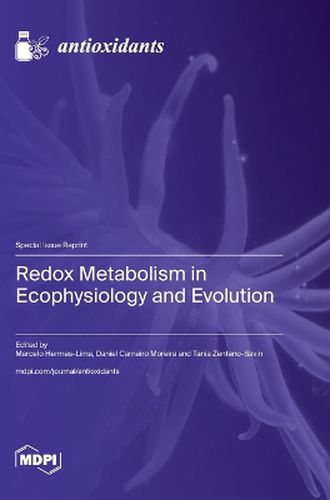Due to the accumulation of oxygen in Earth's atmosphere, endogenous antioxidants in aerobic organisms evolved. More than a simple attack (reactive species) or a defense (enzymatic and non-enzymatic antioxidants) duel, redox metabolism also comprises non-radical redox metabolites, redox-sensitive transcription factors, and redox-sensitive proteins that form a network of signaling pathways. These pathways are now known to mediate important processes in aerobic organisms, from circadian rhythms to ageing and lifespan regulation. Indeed, oxidative stress is considered to be important to living organisms. Unsurprisingly, environmental stresses might disrupt the redox balance, triggering compensatory adaptive responses. The modulation of redox metabolism has been documented for phylogenetically diverse species exposed to a myriad of environmental stressors, such as warming, freezing, dehydration, exposure to UV radiation, exposure to pollutants, and variations in oxygen availability. In natural settings, several of these environmental factors (e.g., temperature, water availability, oxygen availability, and radiation incidence) fluctuate over time (e.g., daily and seasonally). This Special Issue focuses on the responses of organisms' redox metabolism when exposed to single or combined changes, biotic or abiotic, in environmental factors (e.g., oxygen availability, temperature, drought, radiation, and pollutants) and provides insights into the adaptive responses of antioxidant systems to environmental perturbations.





